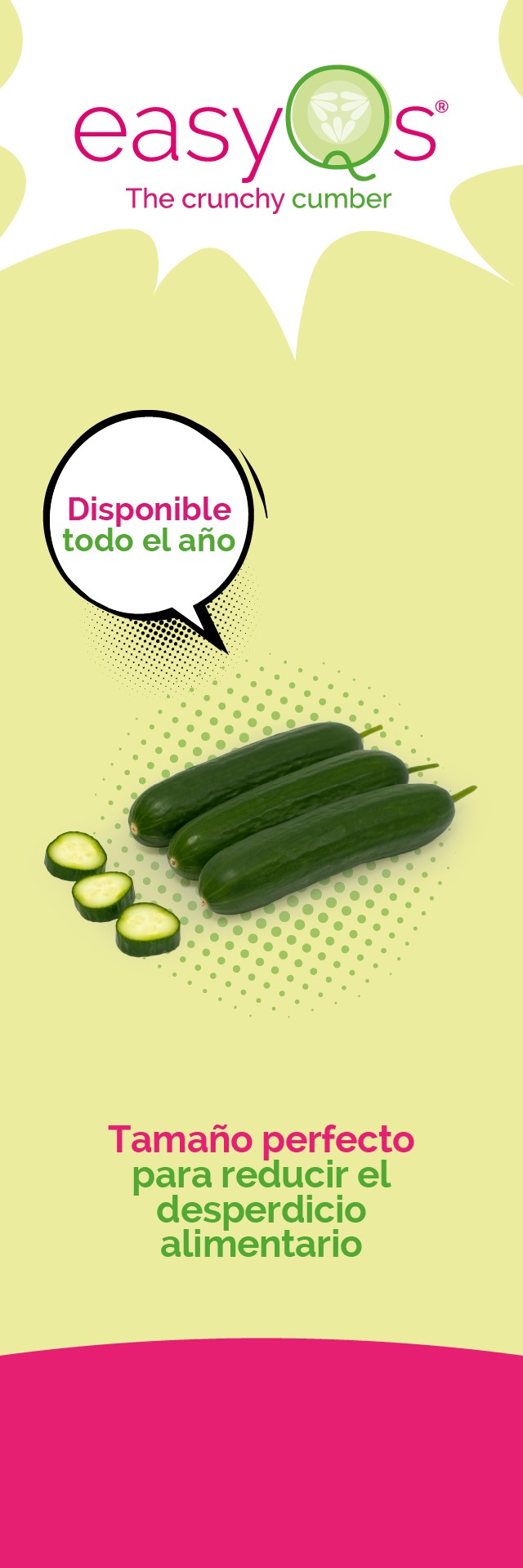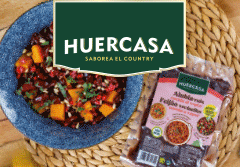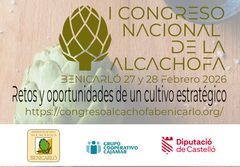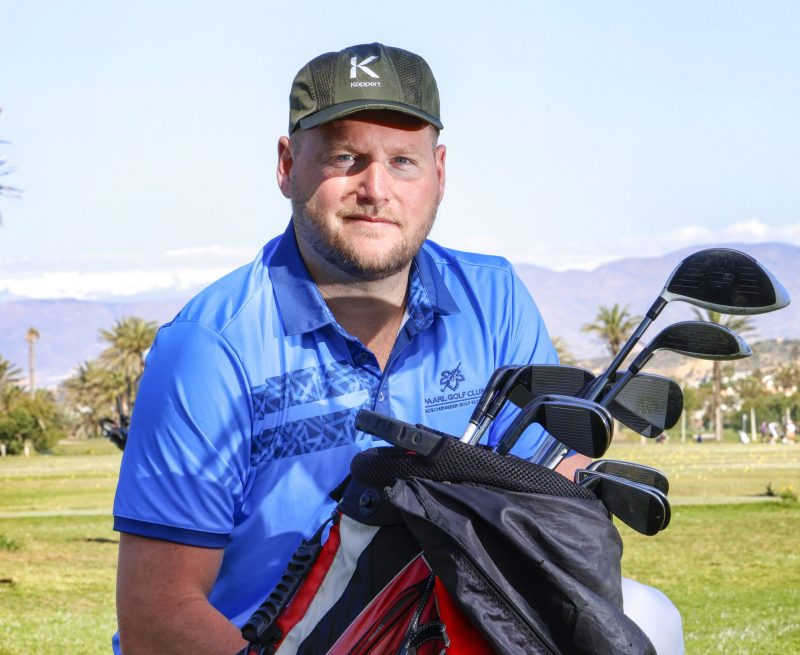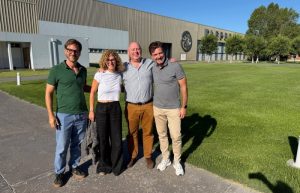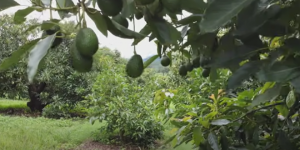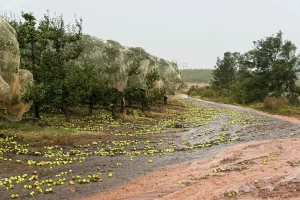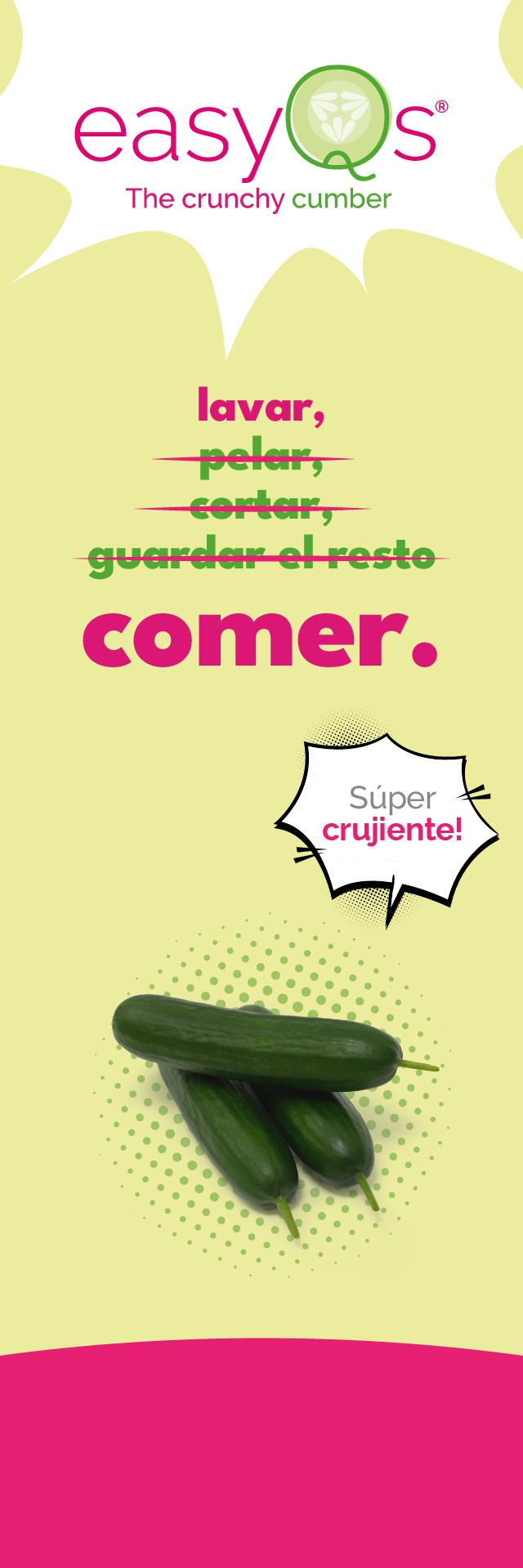We met near the Almerimar golf course (Almería), a place closely tied to the sport he has practiced for 24 years. This passion has even led him to buy a house right in front of the green, and from time to time, a ball lands on his terrace.
He says that, thanks to his chameleon-like personality, he feels ‘Holandaluz’ and fully integrated into Almerian society. There is no better example than grilled octopus: a dish that once put him off, today he enjoys wholeheartedly. From Holland, he has kept his practicality: he dedicates just one day a year to buying clothes so as not to waste time on it.
Driving the buggy, we tour the course to start the round, and in the meantime he tells me how the silence and green surroundings invite him to disconnect and focus only on the next shot. Work is left behind.
What would you say is more important: mental concentration or swing technique?
I think both, at the right moment. If you concentrate mentally, you can make a good swing. When I step onto the green, I can do it. My handicap is 7.2, which is below average.
What has been the most memorable shot of your life?
That shot has nothing to do with the green, but with meeting my wife when we were both teenagers.
Where does that adaptive character that makes you feel comfortable anywhere come from?
Honestly, I don’t really know. I live in Spain, but we almost moved to South Africa, and I’m sure we would have been just as happy. As long as I’m with my wife and four daughters, I can adapt to any destination.
Four daughters? You don’t know how to make boys?
Apparently not, since the sex of the children depends on men. I have four little girls between 11 and 2 years old, and as far as I’m concerned, our family is not complete yet. I just need to convince my wife.
When I met my wife, she was only 16 and I was 20. We started a family very early, despite her parents’ initial opposition.
What memories do you have of your childhood?
Interestingly, my memories are linked to greenhouses—Dutch ones, of course. My grandfather, who always worked for a seed company, also had his own greenhouse. On Saturday mornings, before playing football, my brothers and I would get up at 6 a.m. to help him with chores for two hours. Then we would go play our weekly match. I come from a family of entrepreneurs, and the philosophy at home was always to work hard to achieve any goal in life.
That sounds very Protestant
Yes, it does. My grandparents and parents were very religious and practicing. I was raised with Protestant values, which emphasize taking care of others and following the Ten Commandments. Discipline and austerity are important concepts. For Protestants, working carelessly is a sin against God.
I’ve been told you are very disciplined.
Yes, I am. It’s something I learned in the army. I volunteered very young, at 17, and stayed until I was 19. That’s where my current discipline and life philosophy come from, where giving up is not an option. This idea is key in my life.
Give me an example
I’ll give you two: I make my bed every day, and even though I don’t have the build of a runner, I run marathons. The last one was in Paris. I always run with friends; I like to cross the finish line together. Here in Almería I run ‘La Desértica,’ 73 kilometers with almost 2,000 meters of positive elevation gain. To give you an idea of its toughness, it’s organized by the Spanish Legion. It starts in the city center, crosses the mountains and ends in Roquetas.
I still have pending another race organized by the Legion, the one in Ronda, 101 kilometers, but I haven’t been able to register.
I don’t have the build of a runner, since I weigh nearly 115 kilos, but I do have strong mental control to finish any race.
Where did you go after leaving the army?
I started working in my uncle’s company. I was in charge of maintaining the canals between greenhouses in Holland. It was very manual work, a sort of gardening. Then I worked in my brother’s company, and in 2007, at 32, I started my own temp agency, which I ran for 10 years. From having no employees, we reached 1,000.
That’s incredible
Yes, it is. We never thought we would reach that level of development, but that’s how things turned out, and the company still exists. However, for me there came a point when I wanted to end a business in which the product was people. I stopped trusting them. Once, an employee didn’t show up and told me his father had died. The next day, by chance, I called his house and his father answered the phone. I felt awful.
Koppert is a branching family clan, isn’t it?
Koppert has always been in my life. Its founder was my father’s uncle, who started the business in 1967. When he died in 1972, his sons Peter and Paul took over, and in 1977 my father joined, taking charge of the Spanish market.
At the company’s 50th anniversary party in Holland, they offered me the position of commercial manager in Spain. Three days later we landed in Spain and liked the idea. We sold everything we had—properties, cars—and moved here.
In this context, who has been your role model?
Without a doubt my father, although it’s true that he wasn’t very present in our lives because he was always traveling. My mother has been a very strong woman and a great pillar in his life. She deserves a monument.
I often wonder if I, now that I travel so much, am making the same mistake as my father, which is why I try to compensate by dedicating as much time as I can to my daughters on weekends.
When you moved, you already knew Spain.
My family always had a house in San Juan de los Terreros (Almería), and we spent our summer holidays there when we were children.
How long did it take you to learn Spanish after deciding to move?
Although I spent summers in San Juan, at home we spoke Dutch. When we settled here, I didn’t know any Spanish, but within a year I could already manage quite well. I didn’t learn it from books; I speak it because I am very open and love interacting with people.

